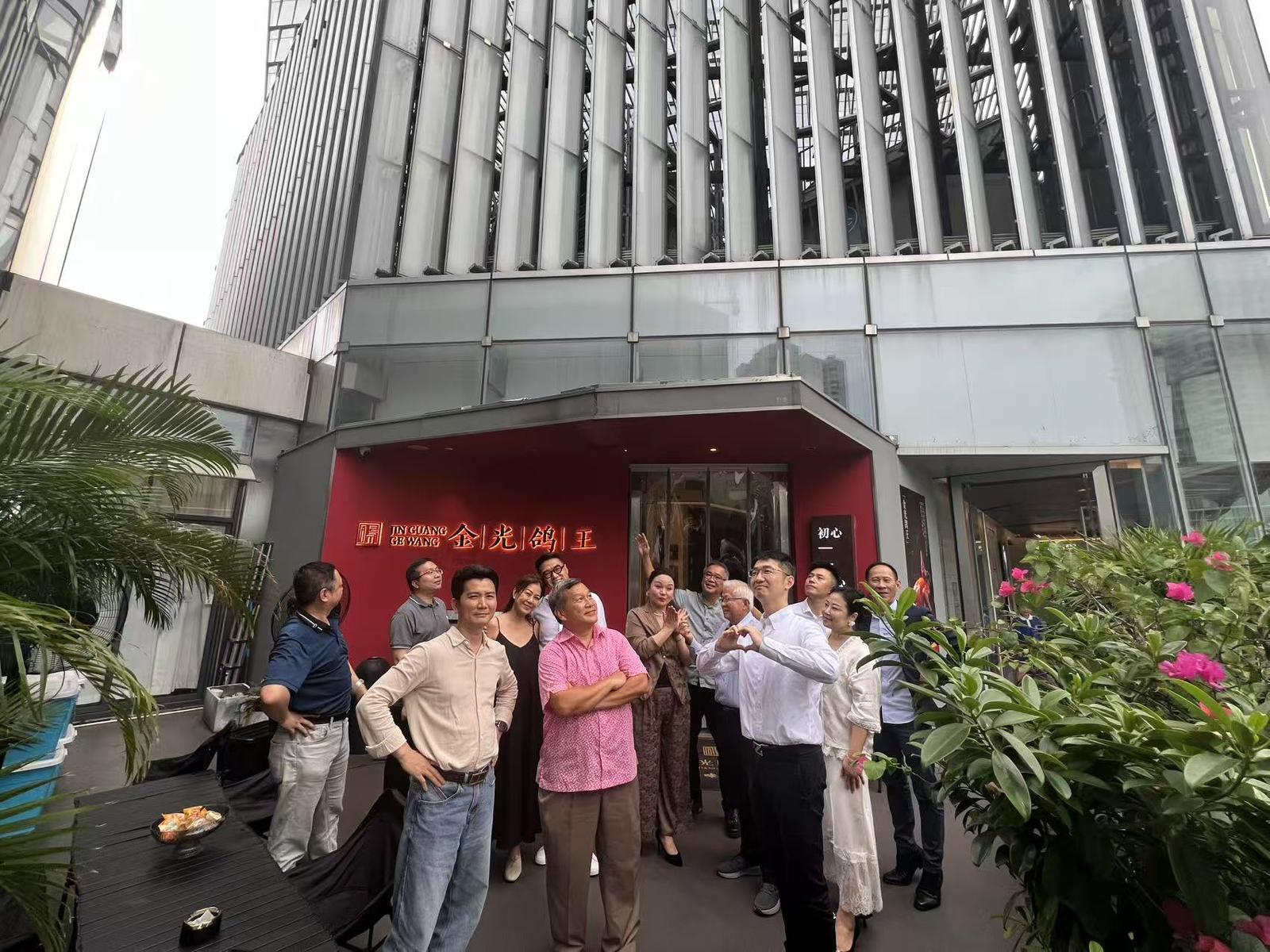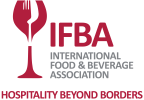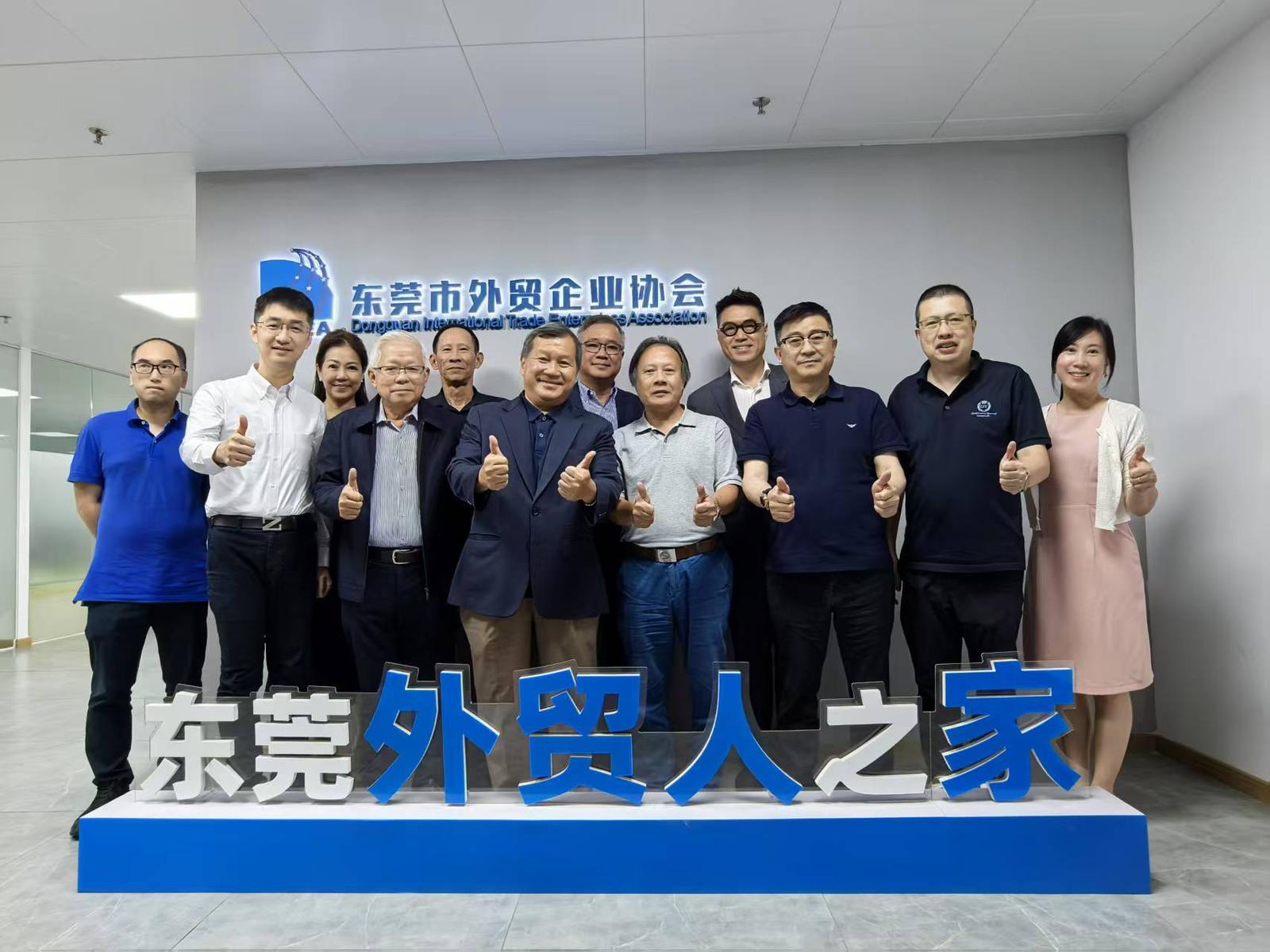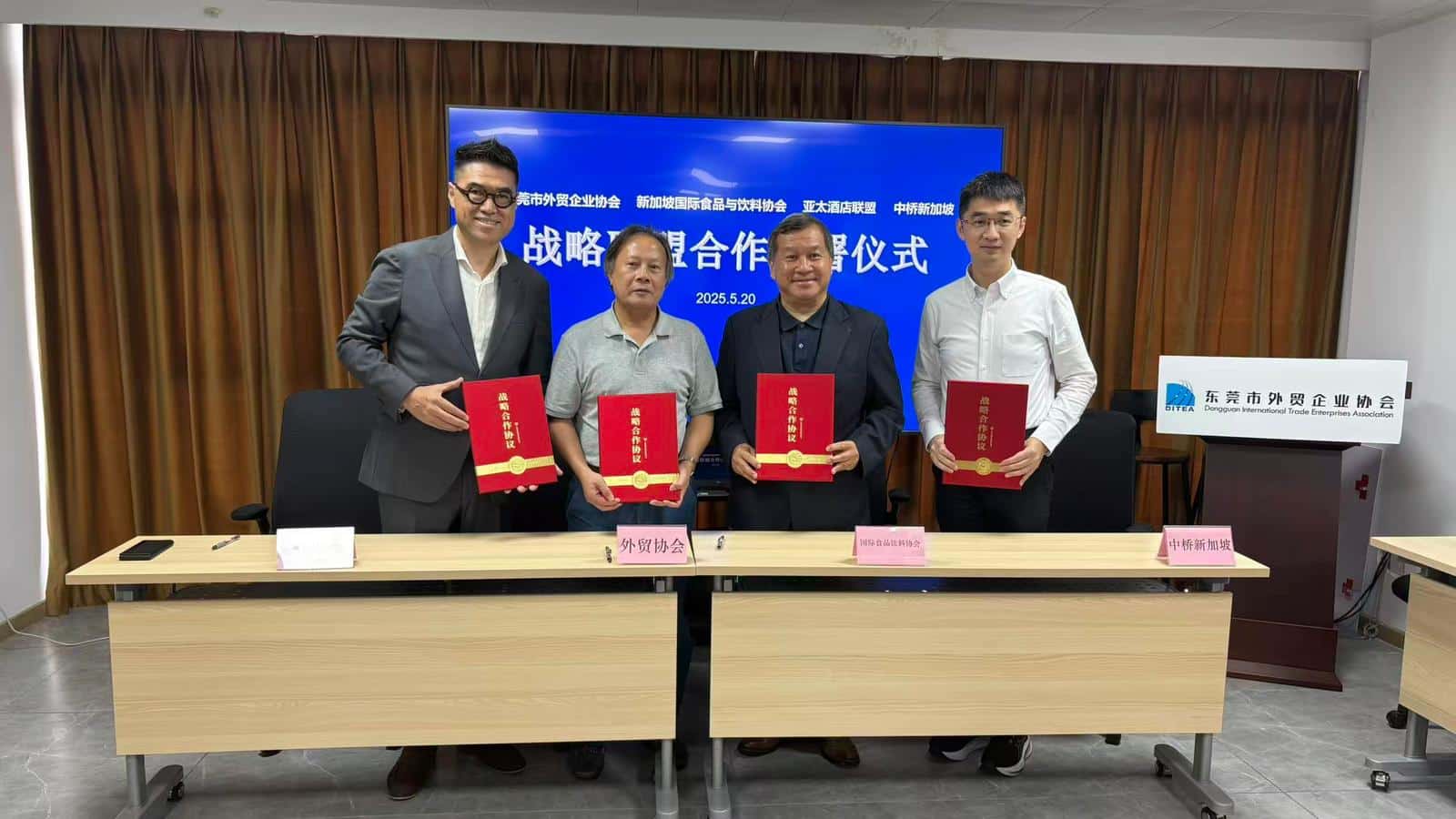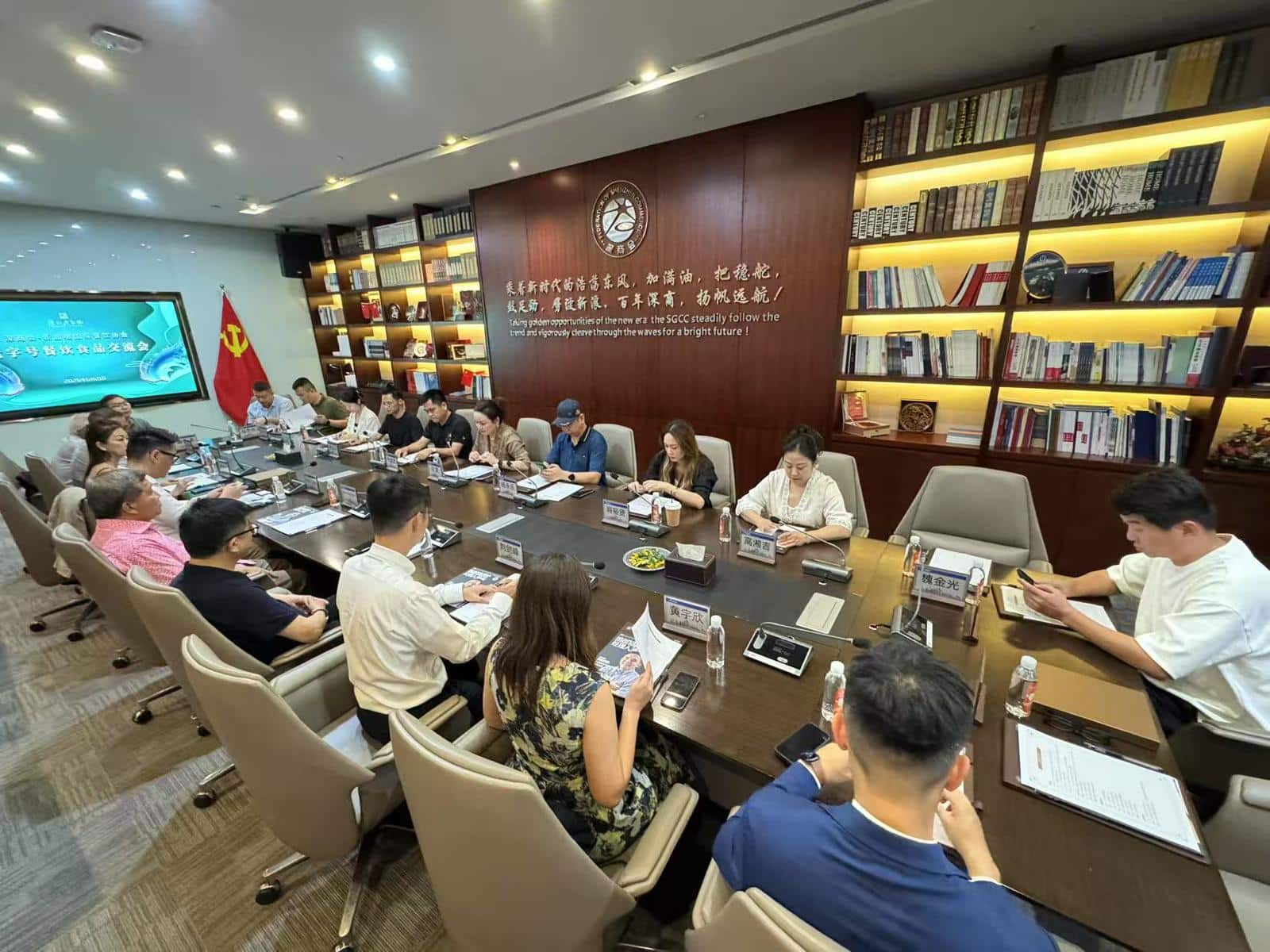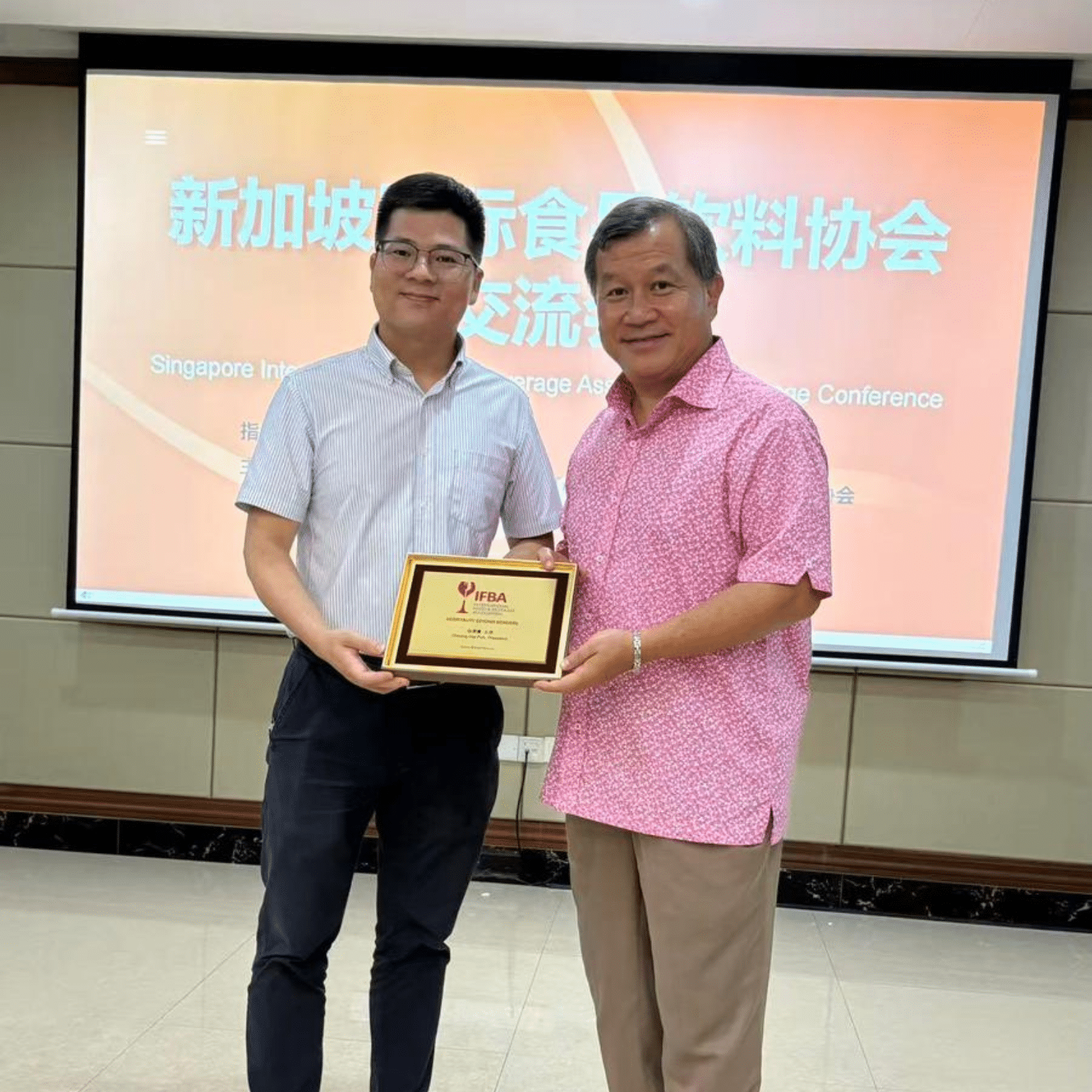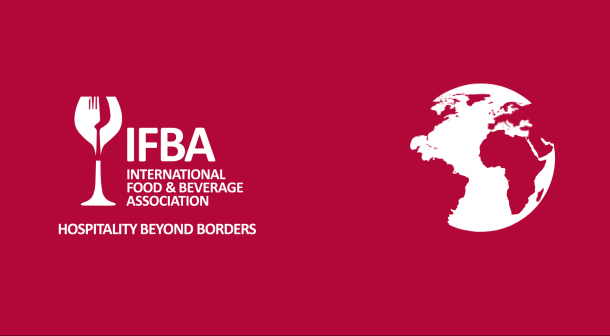The May 2025 edition of IFBA’s Exchange Program
As part of the May edition of the IFBA Exchange Program, a strategic delegation representing the International Food & Beverage Association (IFBA), gathered in Dongguan and Shenzhen last week to advance cross-border cooperation with China’s food and beverage sector.
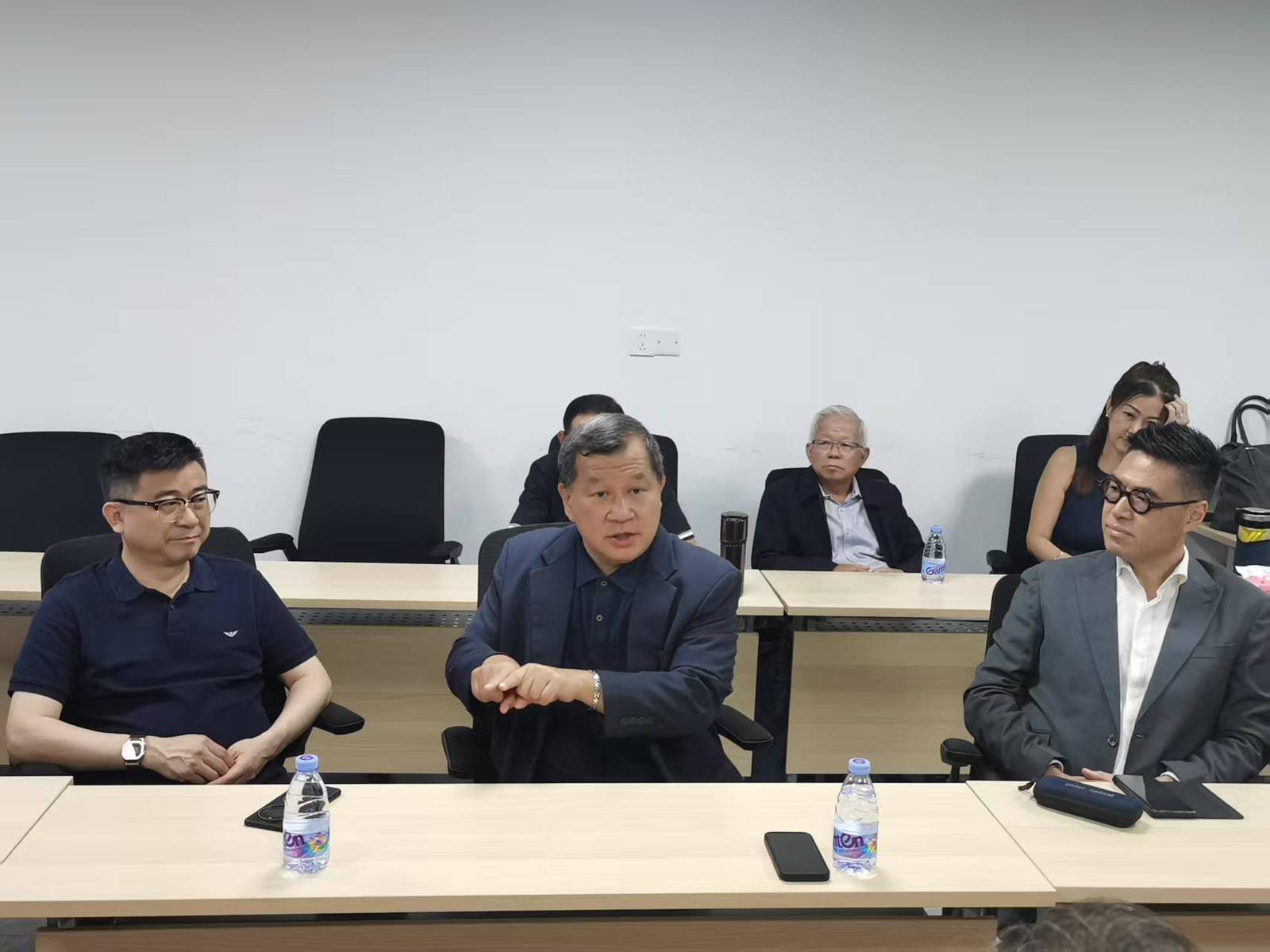
Dongguan and Shenzhen—two leading hubs in China’s industrial and innovation landscape—provided the backdrop for substantive dialogue on how Southeast Asia and China can work together to shape a more connected, forward-looking F&B ecosystem.
Lead by IFBA’s President, Cheong Hai Poh, the mission focused on aligning the region’s F&B initiatives with China’s evolving industrial capabilities, particularly through partnership engagements and affiliated economic platforms.
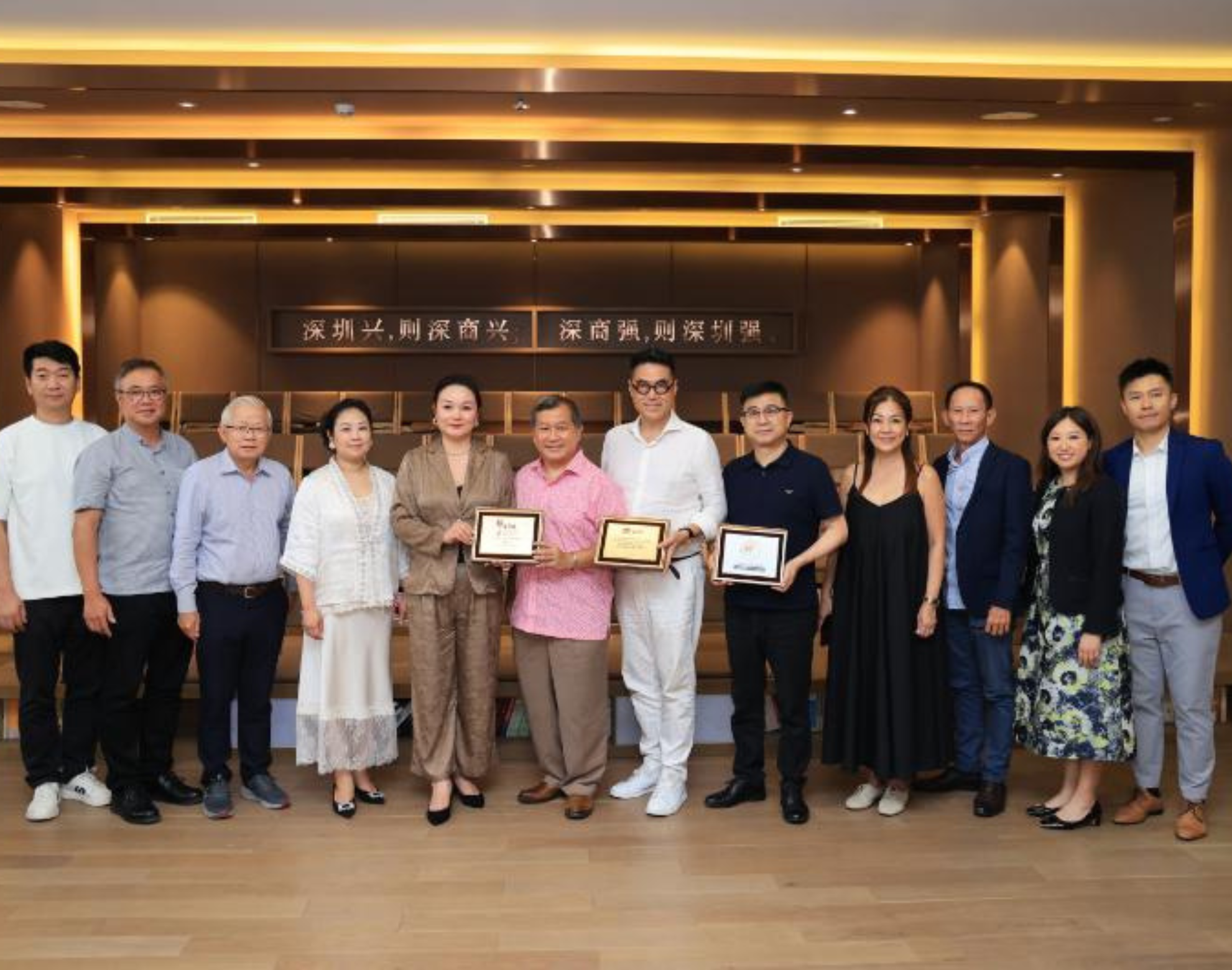
A New Chapter in Cross-Border Collaboration
The program brought together IFBA delegates, Singaporean industry leaders, and Southeast Asian affiliates for direct engagement with key Chinese trade and innovation counterparts, including the Dongguan International Trade Enterprise Association and the Overseas Economic and Trade Expedition. Over four days of meetings and site visits, the group engaged directly with local authorities, trade associations, and innovation leaders to identify opportunities in brand development, sourcing partnerships, digital integration, and regulatory alignment and collaboration.
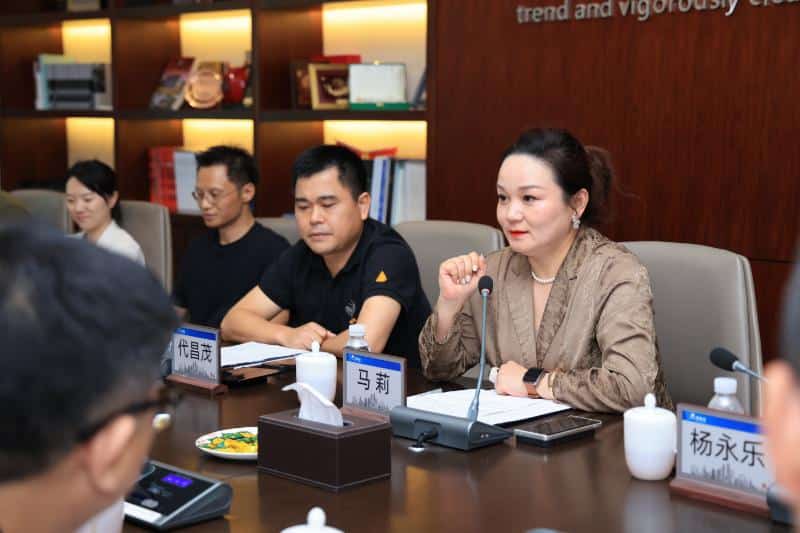
Strategic Cooperation in Dongguan: From Dialogue to Framework
A key milestone of the visit was the signing of a Memorandum of Understanding (MOU) between IFBA and the Dongguan Trade Chamber, formalizing cooperation in brand incubation, digital supply chain integration, and investment facilitation. The agreement sets forth collaboration across four strategic pillars:
- F&B brand incubation and co-development of go-to-market strategies
- Cross-border procurement integration and digital supply chain development
- Investment facilitation for regional headquarters and research centers
- Collaboration on international standards and regulatory compliance
This MOU creates a structural platform for cooperation and signals a breakthrough in bridging Dongguan’s manufacturing strength with IFBA’s global market reach and Singapore’s gateway position in Southeast Asia. It lays the foundation for an enduring trilateral framework—positioning Dongguan as a production and innovation hub, Singapore as the regional gateway, and IFBA as the unifying industry platform.
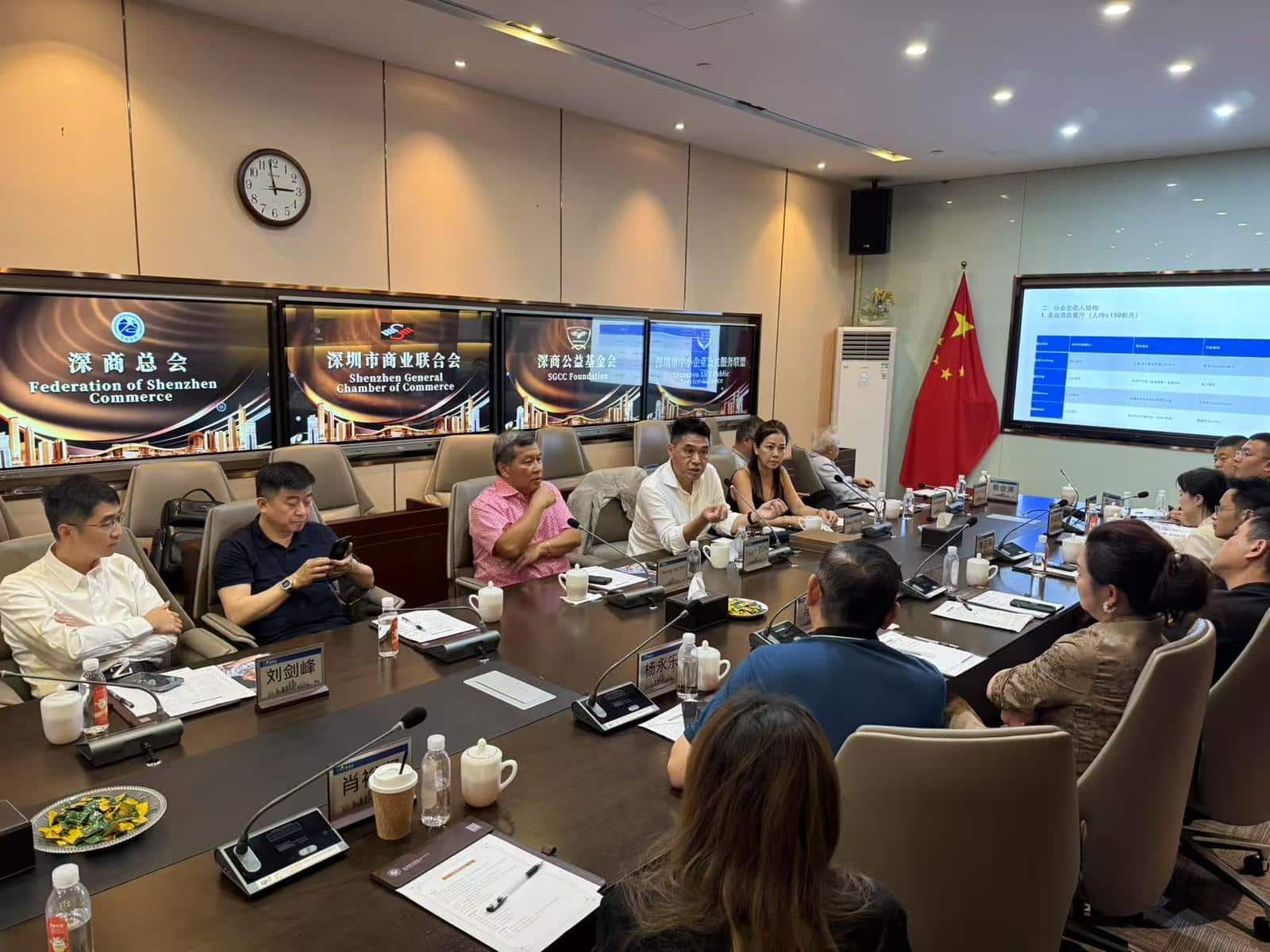
Dongguan F&B Industry Forum: A Platform for Vision and Influence
The delegation also participated in the Dongguan Food Industry Exchange Forum, where The IFBA’s President Cheong Hai Poh, delivered a keynote address to more than 50 government and regional industry leaders, reinforcing the vision of creating a more integrated F&B ecosystem between China and Southeast Asia.
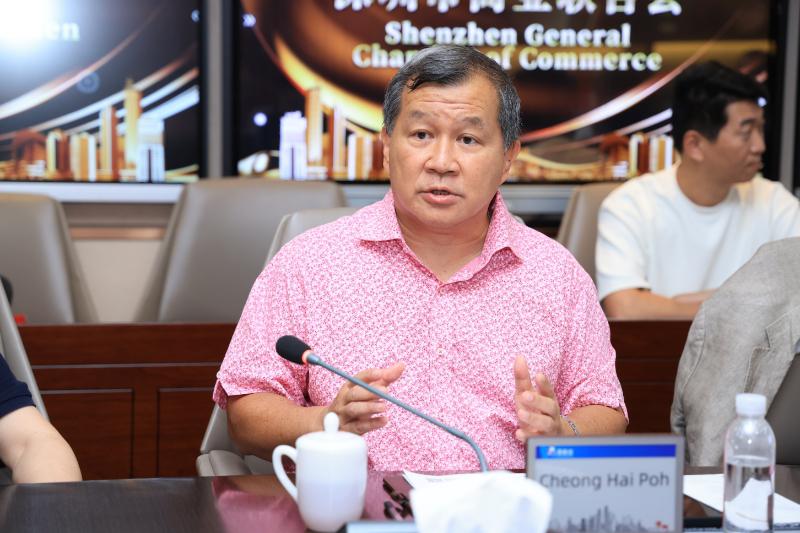
His remarks spotlighted:
- Singapore’s strategic role within ASEAN and RCEP economic frameworks
- Dongguan’s emerging status and potential to evolve as a regional sourcing and processing hub for Southeast Asian exports
- The urgent need of trust-building through shared standards, technology integration, and long-term engagement
The forum created a momentum for future collaboration, establishing a shared narrative around regional growth, food innovation, and export readiness.
Shenzhen: Where Innovation Meets Integration Connecting with China’s Innovation Capital
Shenzhen, with its reputation as China’s innovation frontier, offered fertile ground for conversations around smart F&B technologies, sustainability, and global distribution offering a complementary synergy to IFBA’s vision of a smarter, more transparent global F&B ecosystem. The IFBA delegation engaged with startups, logistics firms, and tech enablers to explore:
- Smart kitchens and food automation
- AI-powered food traceability systems
- Eco-friendly packaging and waste reduction technologies
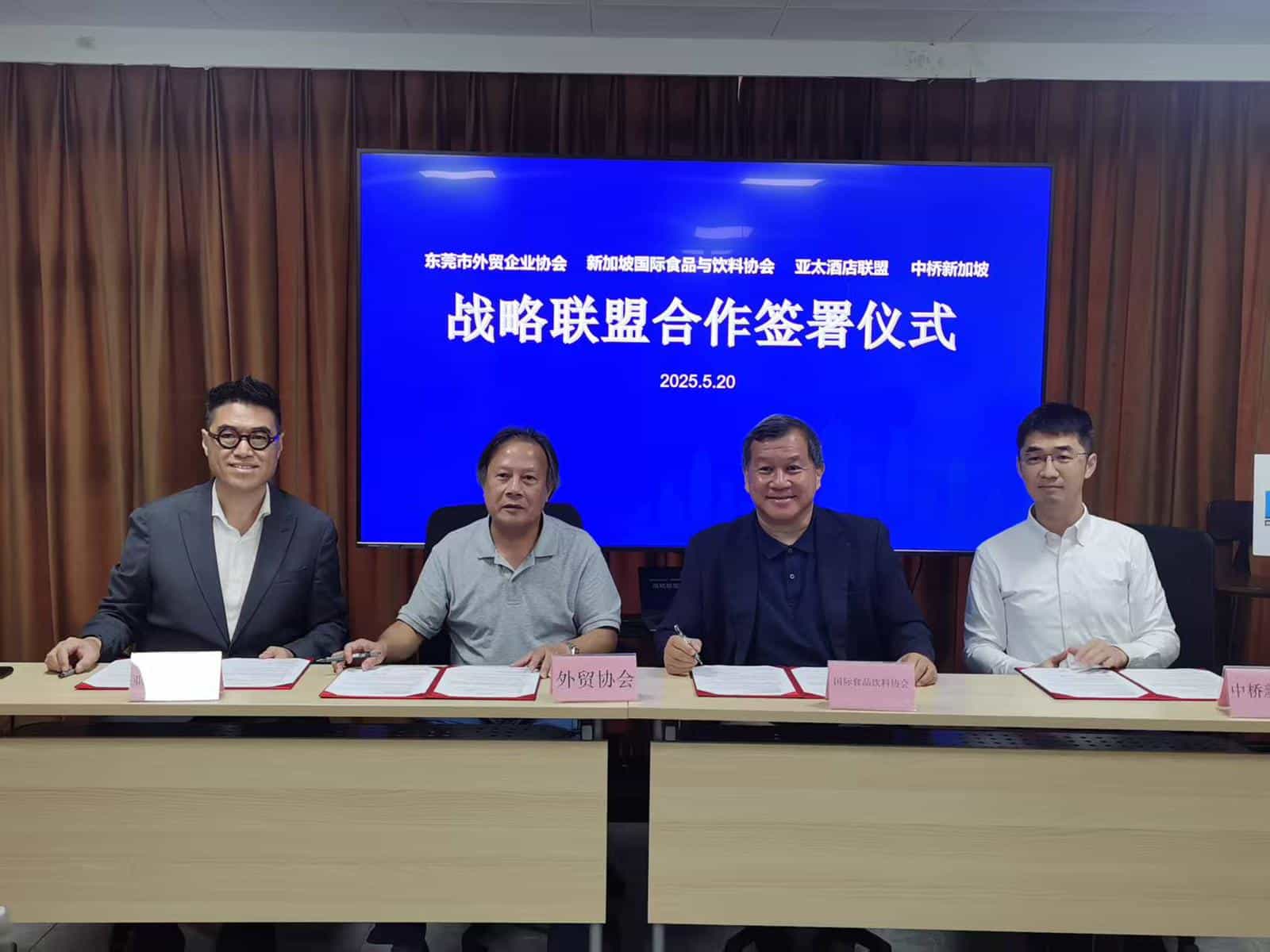
Vision for a China–Singapore Food Corridor
One of the visit’s most exciting takeaways was the shared vision to develop a “China–Singapore Food Corridor”—a cross-border collaboration framework connecting:
- Shenzhen’s tech and logistics capabilities
- Dongguan’s manufacturing infrastructure
- Singapore’s market access, regulatory leadership, and branding ecosystem
This corridor represents more than geography; it reflects a shared ambition to build a high-trust, high-efficiency food supply chain that can serve the entire ASEAN and RCEP regions. Together, these elements form a comprehensive cross-border collaboration model for the F&B industry.
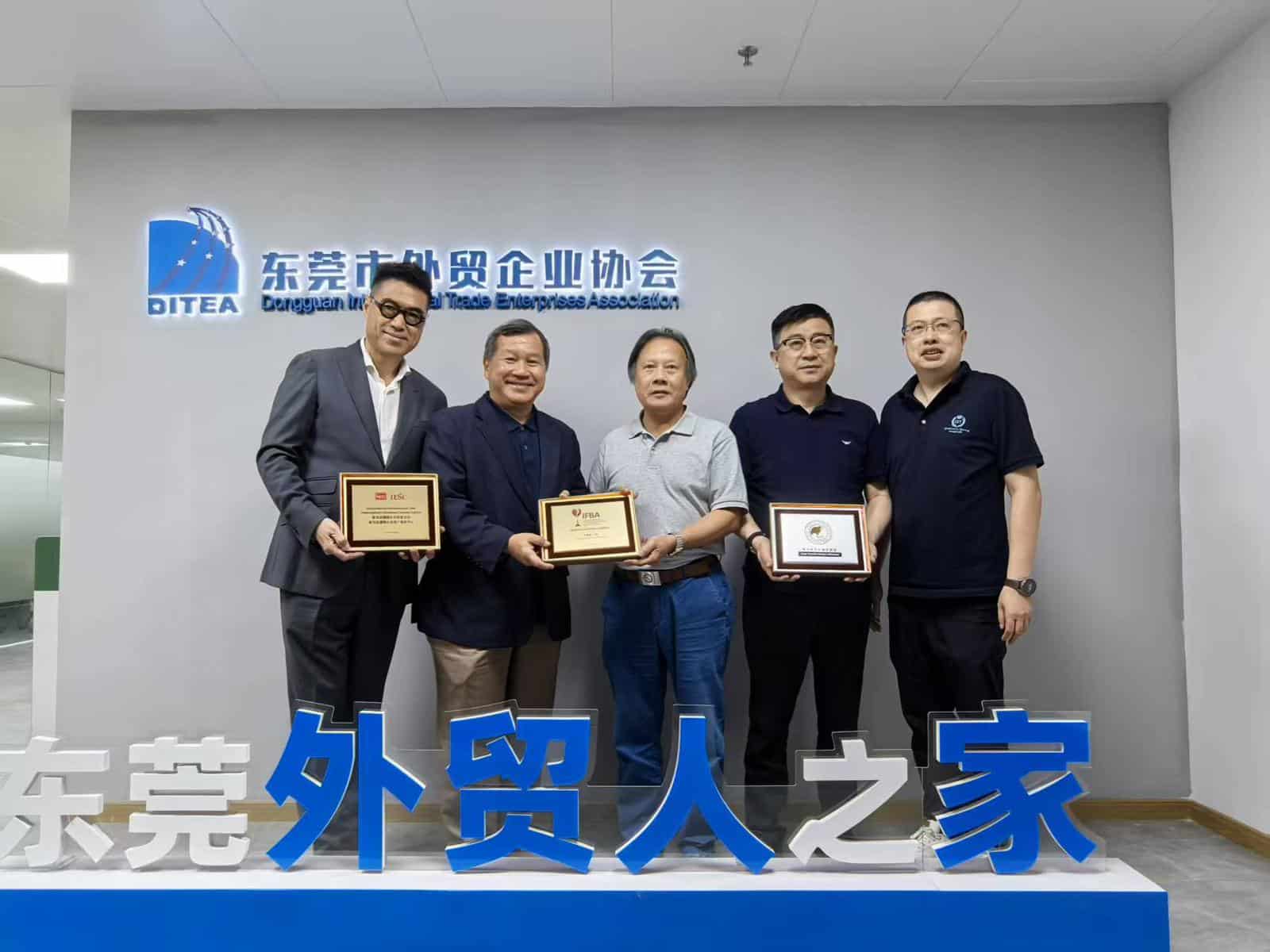
Key Outcomes: From Strategy to Implementation
The visit wasn’t just symbolic—it produced tangible outcomes with real implications for IFBA’s network and partners. Highlights include:
- Signing of an MOU with Dongguan Trade Chamber to formalise structured collaboration
- Identification of 10+ Chinese F&B brands for potential ASEAN market expansion via IFBA channels
- Exploration of a regional sourcing hub in Dongguan, co-developed with local stakeholders
- Proposal for a trilateral partnership framework spanning Shenzhen, Dongguan, and Singapore
These outcomes are not endpoints, but strategic footholds—each one unlocking new dimensions of possibility for the F&B sector in the region.
What’s Next: Action Steps Ahead
Looking forward, IFBA has outlined a clear and actionable roadmap to sustain the momentum generated from this visit:
1. Establish a China–Singapore Cross-Border Task Force
Launch a China-Singapore F&B Collaboration Task Force to coordinate pilot projects, matchmaking, and investment partnerships. This group will oversee follow-up pilot projects, partner matchmaking, and investment facilitation across the region.
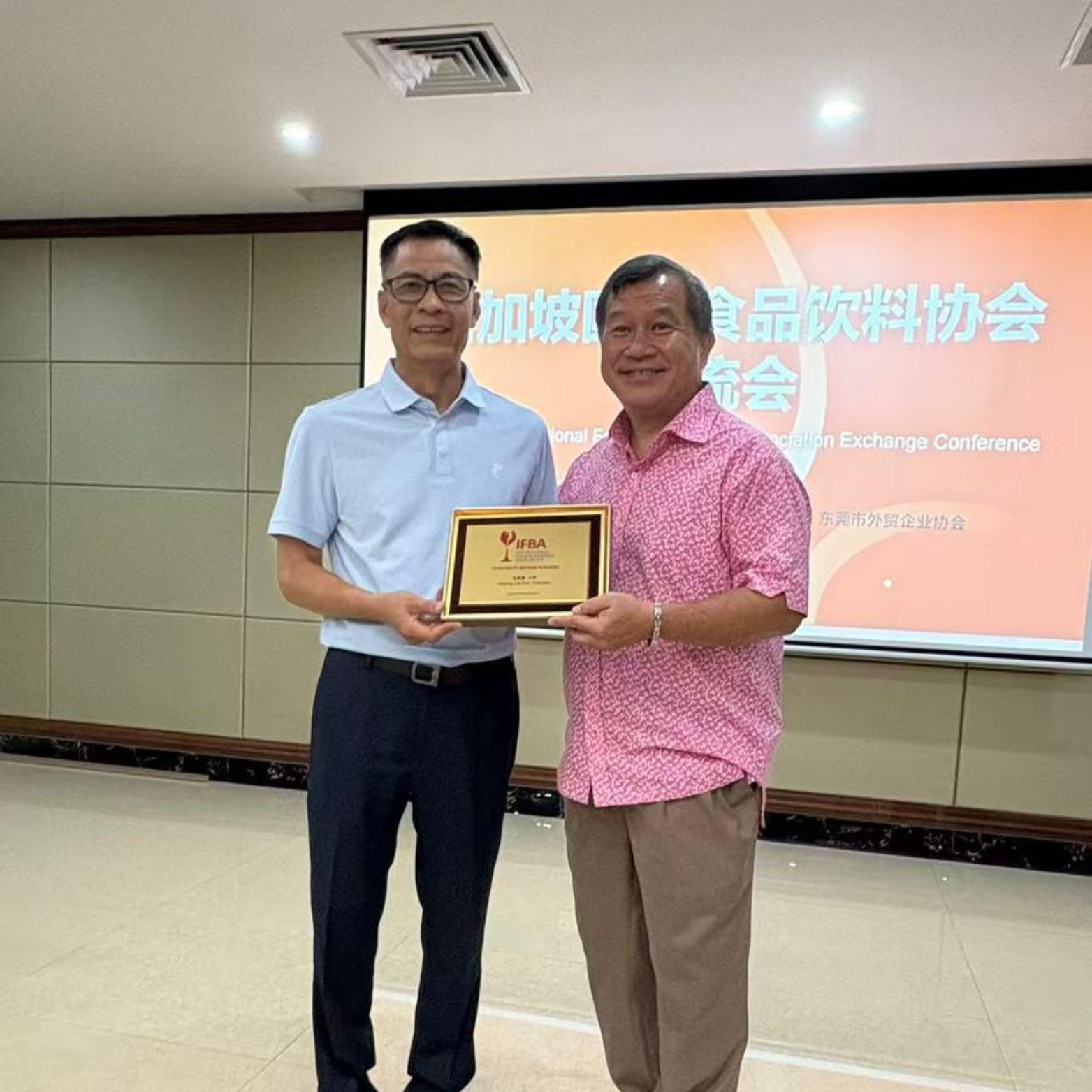
2. Host a Regional F&B Business Forum in Singapore (Q3 2025)
Host a business matchmaking event in Singapore, a platform to showcase Dongguan/Shenzhen brands and connect with ASEAN buyers, partners, investors, and distributors.
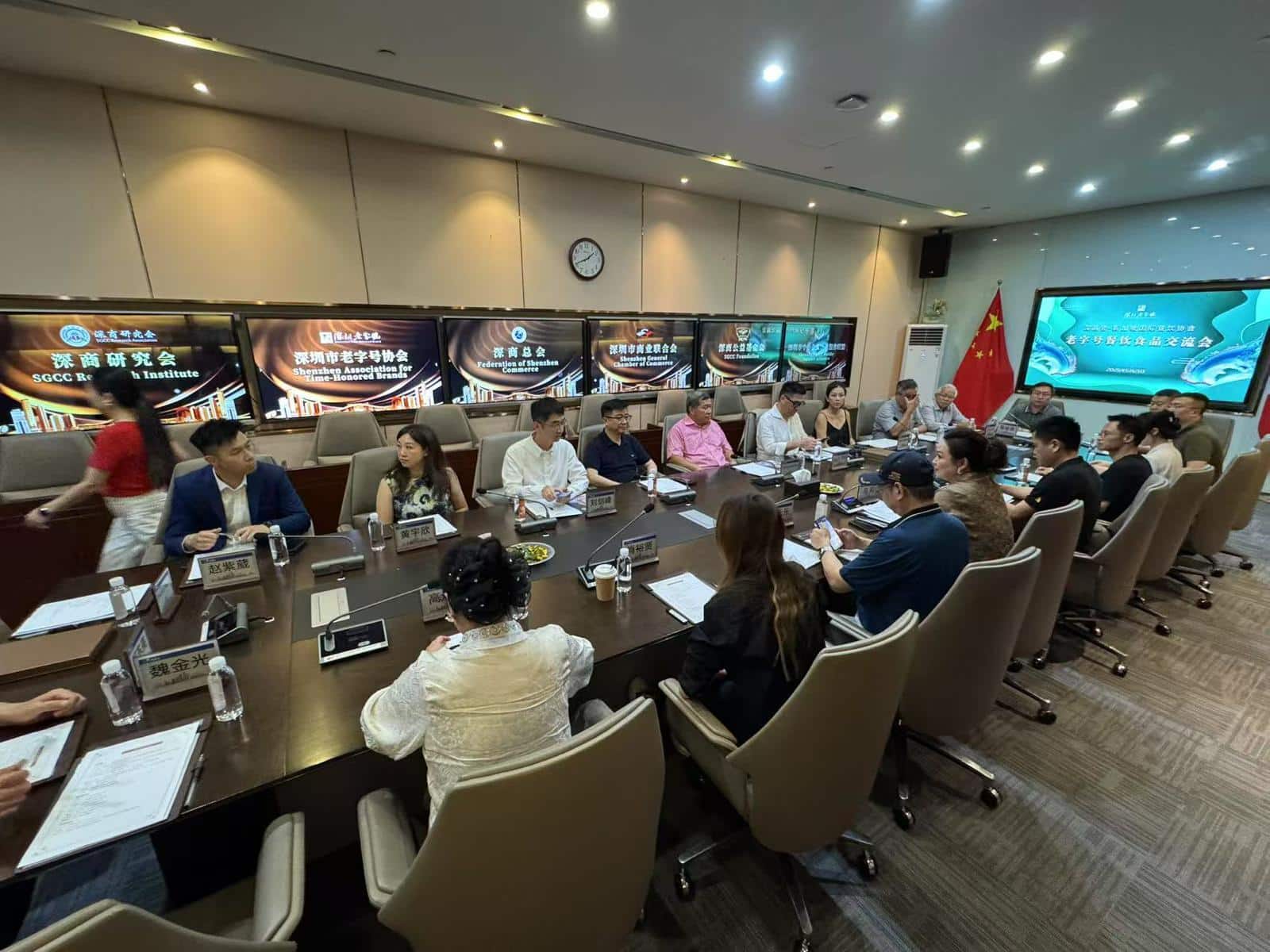
3. Develop a Joint Digital Procurement Platform
Explore the creation of a digital B2B platform to facilitate cross-border transactions and supply chain traceability.
4. Build Capacity through Standards & Certification Training Programs
Training on international food standards, export compliance, and quality certification, in collaboration with Singaporean regulatory and academic partners.
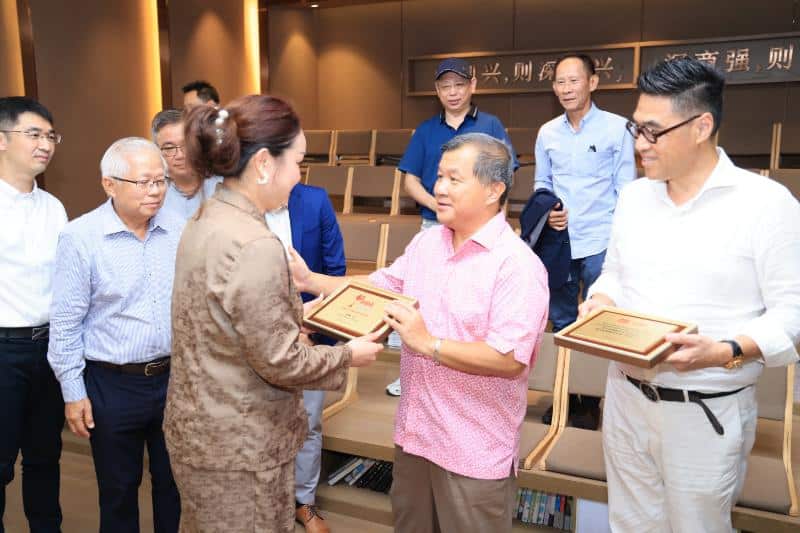
Reflections from the IFBA President
“The IFBA delegation’s successful visit to Dongguan and Shenzhen represents not just the forging of formal agreements, but the planting of seeds for sustainable, innovation-driven growth in the global food and beverage industry. It is my hope that through shared vision, mutual trust, and actionable cooperation, we will continue to build bridges that empower brands, elevate standards, and connect markets.
IFBA” said Mr. Cheong Hai Poh, IFBA President.
Let us continue this journey together, forging a vibrant, connected, and high-value future for the global F&B community.
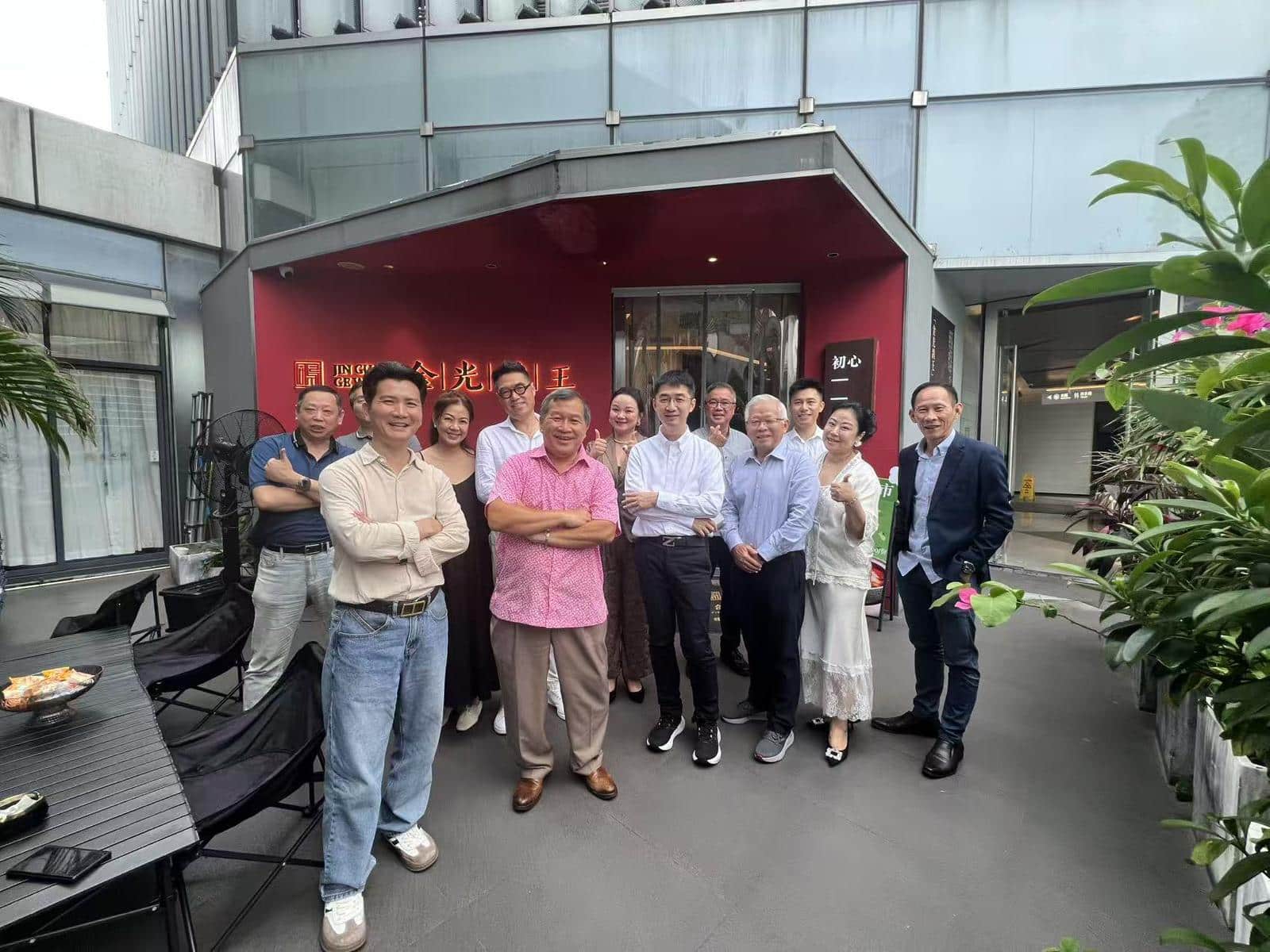
Looking Toward SIGEP Asia 2025
The next chapter of this collaborative journey will continue at SIGEP Asia & Restaurant 2025, to be held in Singapore this July. As one of the region’s premier trade exhibitions for food, gelato, pastry, and coffee, SIGEP Asia will bring together global F&B leaders for three days of meaningful exchange, showcasing, commercial engagement and direct business matchmaking. IFBA will play a central role, curating opportunities for members and partners to reconnect, share innovation, and translate ideas into tangible market access.
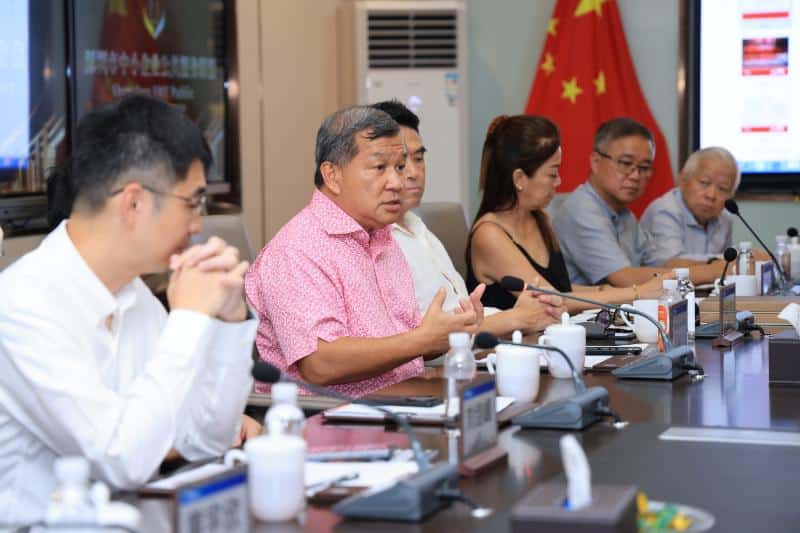
Let’s Keep Building Together
IFBA’s mission has always been to connect ideas, people, and markets across borders.
The signing of the MOU laid the groundwork in IFBA’s mission to build a globally integrated food and beverage ecosystem, one that supports cross-border trade, brand incubation, investment facilitation, and digital supply chain transformation.
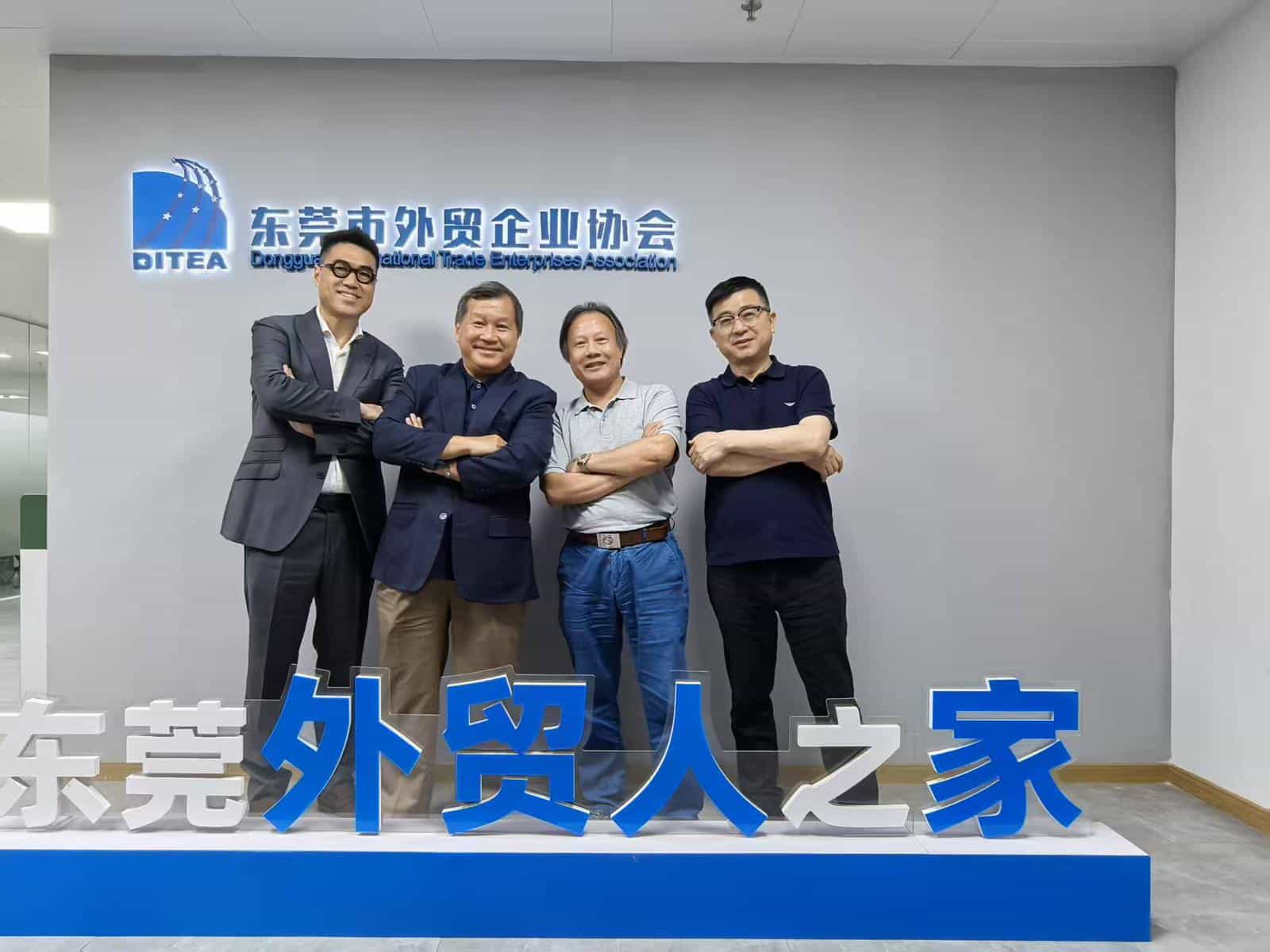
The delegation’s engagements with China’s F&B leadership represent a practical blueprint for long-term integration between China and Southeast Asia, rooted in shared values and forward-looking cooperation.
As IFBA looks ahead to new milestones in 2025 and beyond, we remain committed to innovation-driven partnerships and sustainable growth—and we invite all members, partners, and industry professionals to be part of what comes next.
